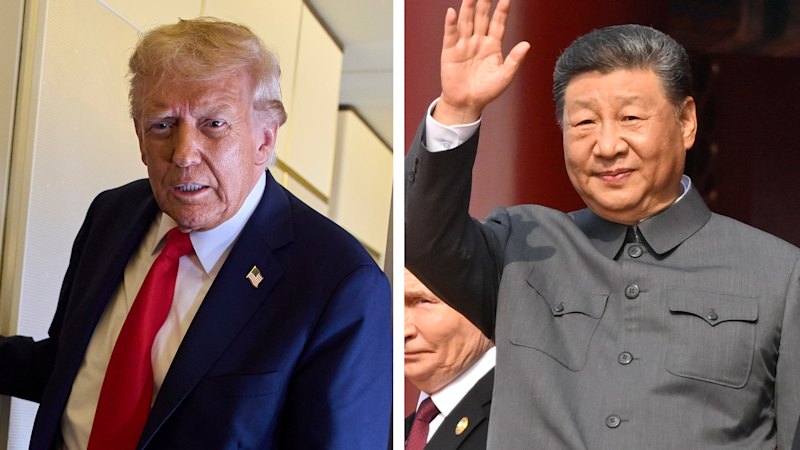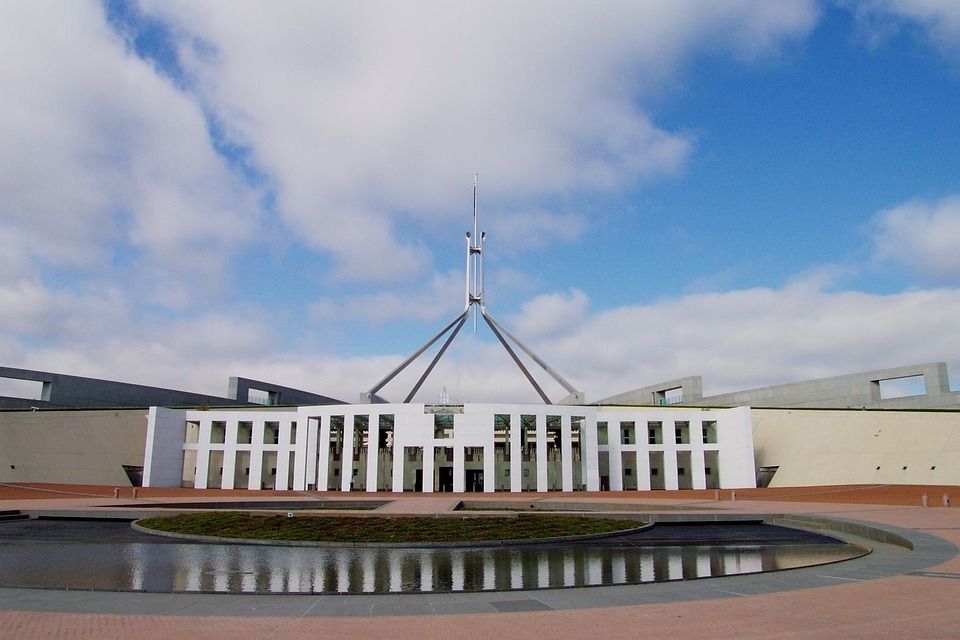
US President Donald Trump confirmed he will meet with Chinese leader Xi Jinping next month during a summit in South Korea. This announcement comes alongside Trump’s declaration that a deal regarding the future of TikTok has been reached following a phone call between the two leaders on Friday. This call, the first since June, marks a potential thaw in relations as both nations seek to solidify a comprehensive trade agreement.
During the conversation, Trump highlighted progress on several critical issues, including trade policies, the opioid crisis related to fentanyl, and ongoing tensions surrounding the conflict in Ukraine. He expressed optimism about the TikTok deal, which involves a framework that would see TikTok’s Chinese parent company, ByteDance, transfer control of its US operations to a consortium of American firms. The specifics of the deal, such as which companies will participate and how the app’s algorithm will be managed, have yet to be disclosed.
While Trump asserted that he secured Xi’s endorsement for the TikTok arrangement, the Chinese government’s response was more measured. According to a report from Xinhua News Agency, Xi welcomed the commercial negotiations but emphasized that any agreement must comply with Chinese laws.
Details of the Upcoming Meeting and Ongoing Trade Talks
Trump characterized the phone call as “very productive,” announcing plans to meet with Xi during the Asia-Pacific Economic Cooperation (APEC) summit in Seoul in late October 2023. He also indicated that he would travel to China early next year, with Xi expected to visit the United States “at an appropriate time.”
In contrast, Xi described the call as “pragmatic, positive and constructive.” He reiterated the Chinese government’s commitment to fostering a business environment conducive to foreign investment while calling for the US to avoid “unilateral trade restrictive measures.” This reflects a long-standing Chinese position that aims to balance trade interests amidst ongoing tensions.
The future of TikTok has been uncertain since last year, following a law requiring the app’s US operations to either be divested or face a ban due to national security concerns. Reports from the Wall Street Journal suggest that discussions have been ongoing about creating a new US entity to operate TikTok, which would see ByteDance’s ownership drop to less than 20 percent, while new investors take control of the remaining stakes.
Despite the potential TikTok agreement, significant trade issues remain unresolved. Key sticking points include US demands for China to take stronger measures against the export of fentanyl-related chemicals and a request for increased Chinese purchases of American goods, particularly soybeans, to address what Trump considers an unfair trade deficit.
Broader Economic Implications and Future Negotiations
The competition between the US and China extends beyond tariffs and trade deals. Both nations are engaged in a fierce rivalry over semiconductors and artificial intelligence technologies. While Trump recently lifted an export ban on Nvidia’s H20 chip, China responded by initiating an anti-monopoly investigation into the US chip manufacturer.
Trade negotiations are occurring amid rolling 90-day extensions to a tariff truce, which has temporarily paused some export controls. Earlier this year, Trump imposed duties as high as 145 percent on Chinese imports, prompting a retaliatory response from Beijing. The two countries have since agreed to a reduced tariff rate of 30 percent from the US, while China has maintained a 10 percent tariff rate.
As the deadline for the next 90-day extension approaches in November, both sides appear eager to reach a comprehensive agreement. The outcome of these negotiations will not only impact the two largest economies in the world but will also have significant ramifications for global trade dynamics.






